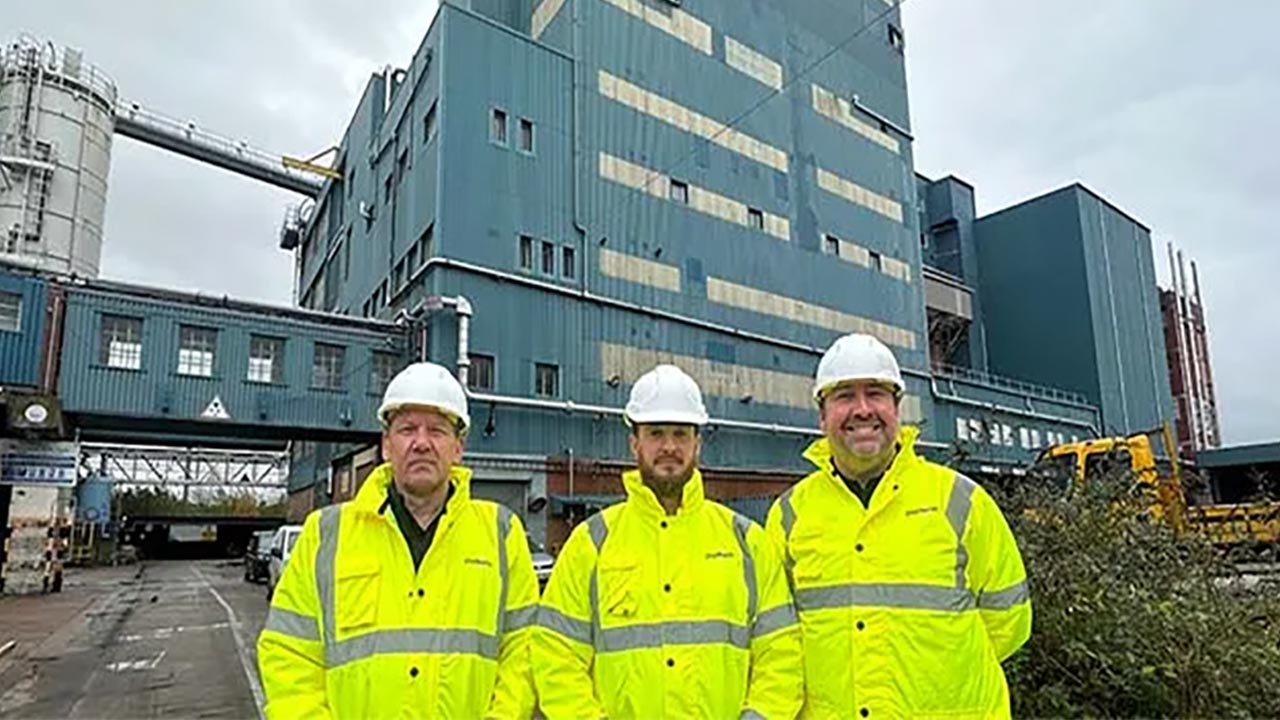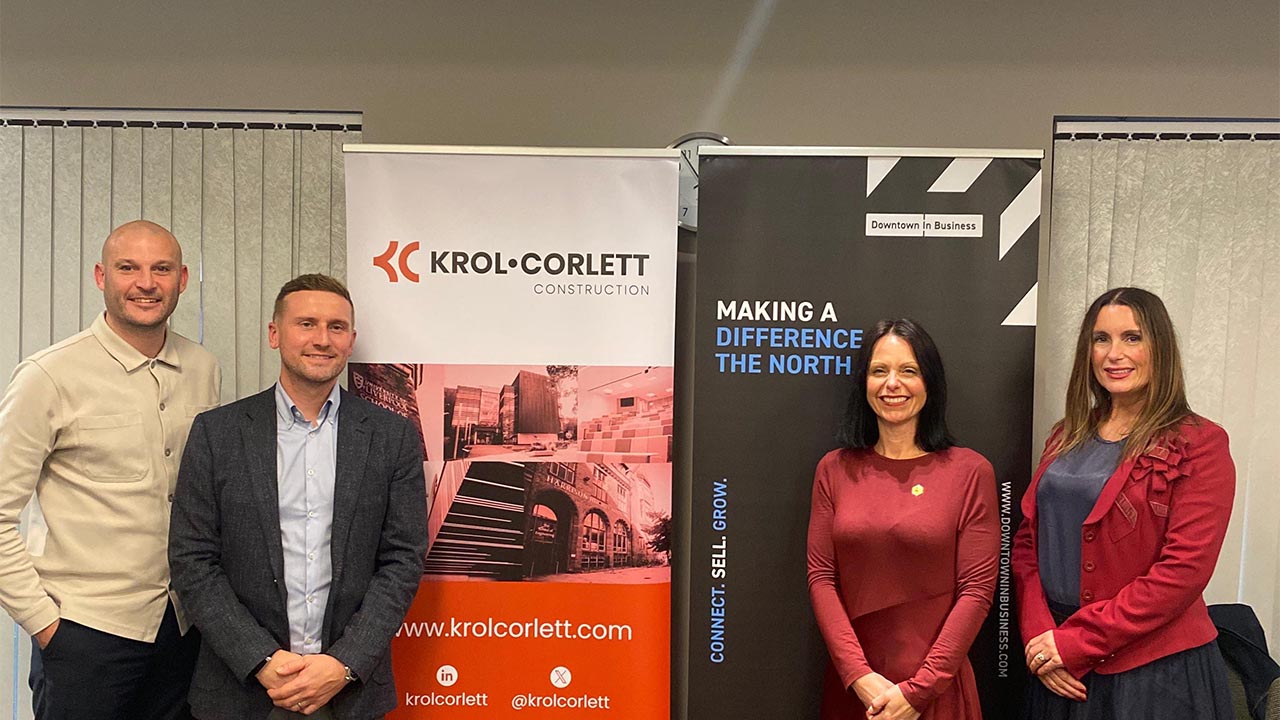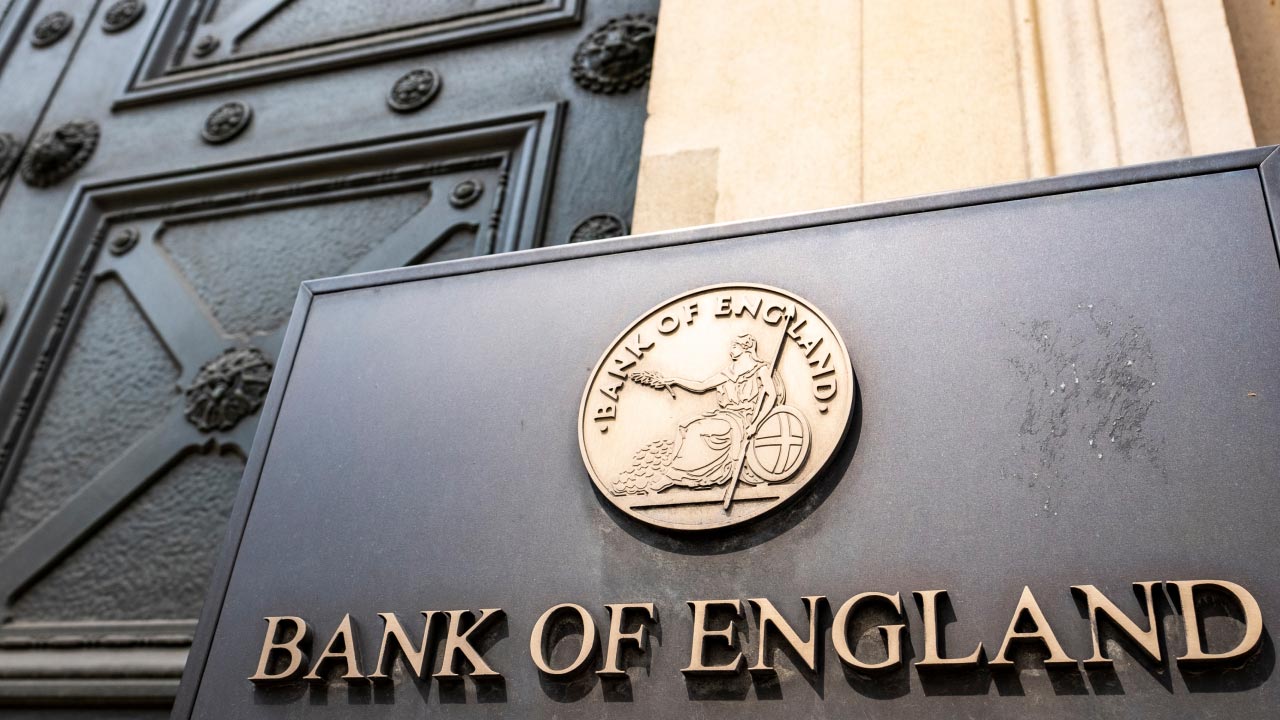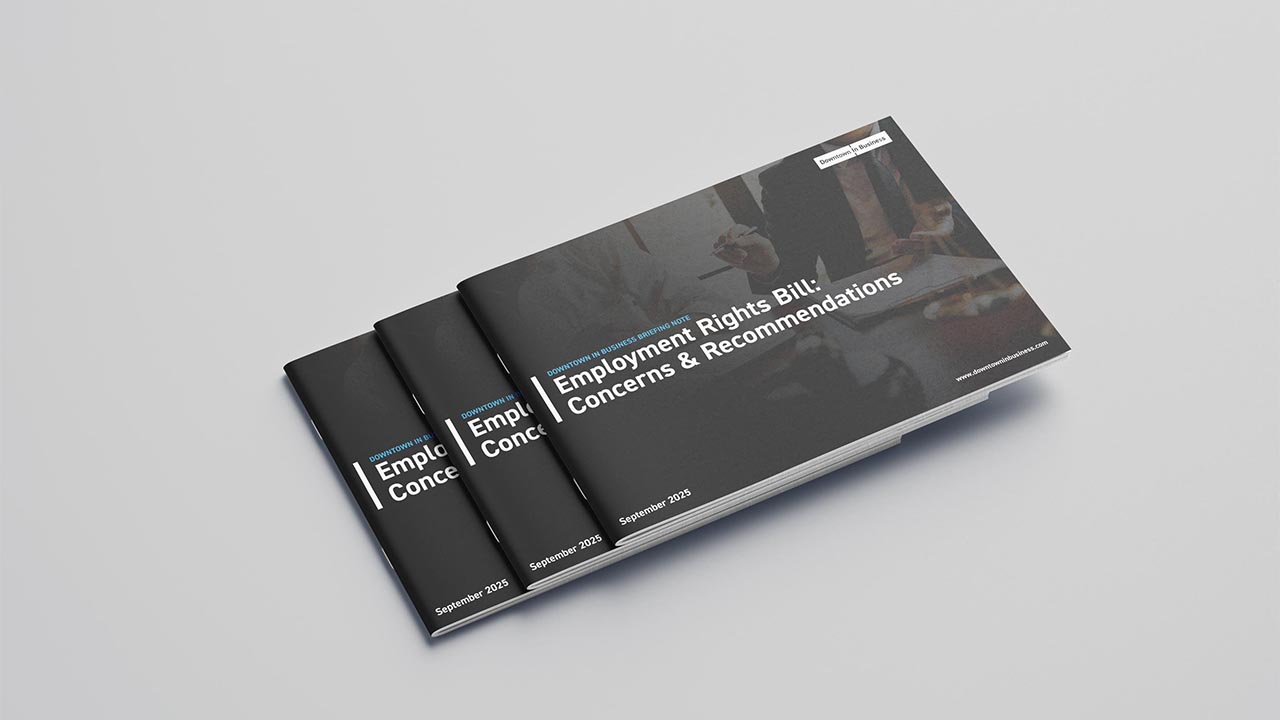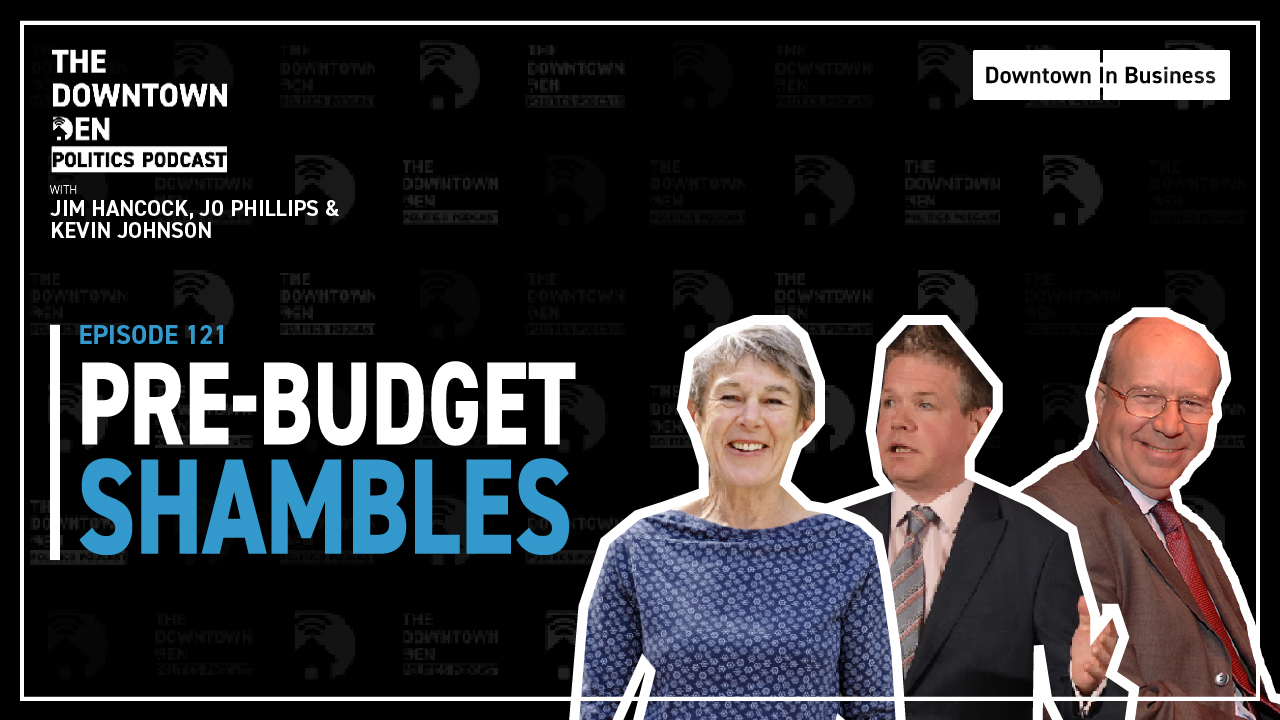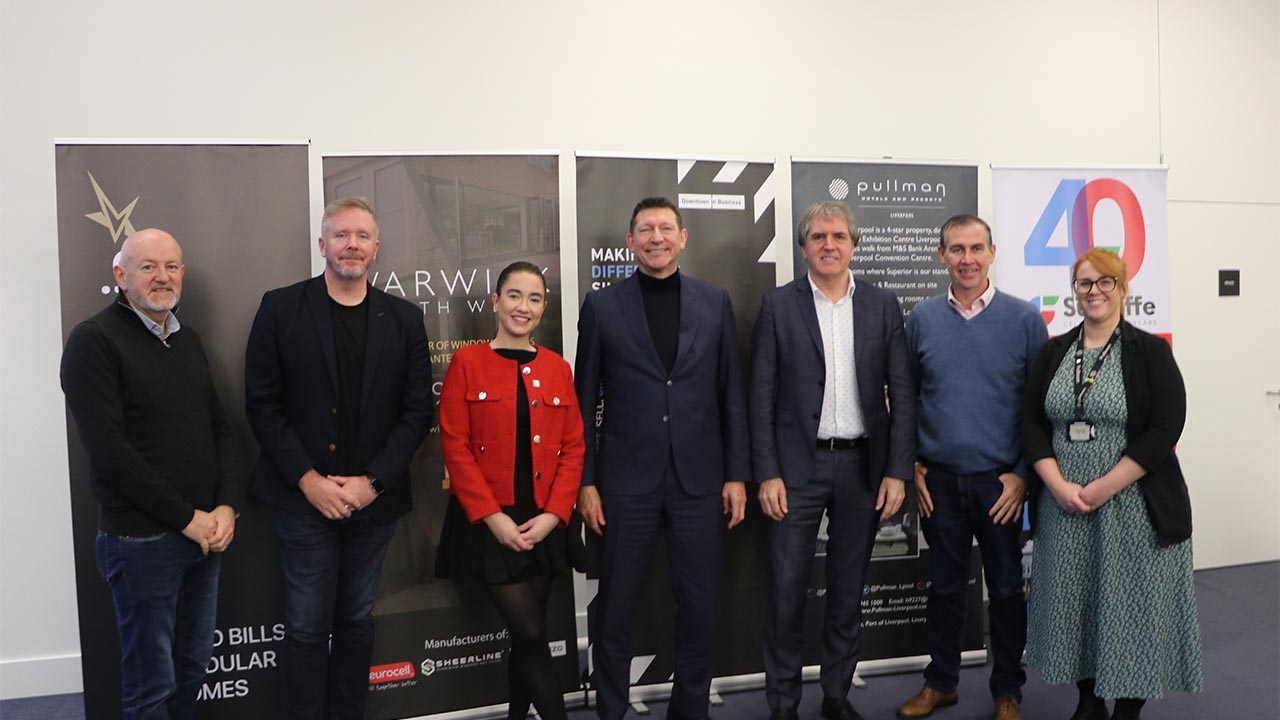Big changes to the government’s approach were demanded at Downtown’s Talking ‘Bout Regeneration conference in Birmingham. The private sector sent out a clear message that investment was waiting if barriers could be removed. Public sector speakers wanted an end to the beauty contests that pitted one council against another.
STATE OF THE NATION SESSION
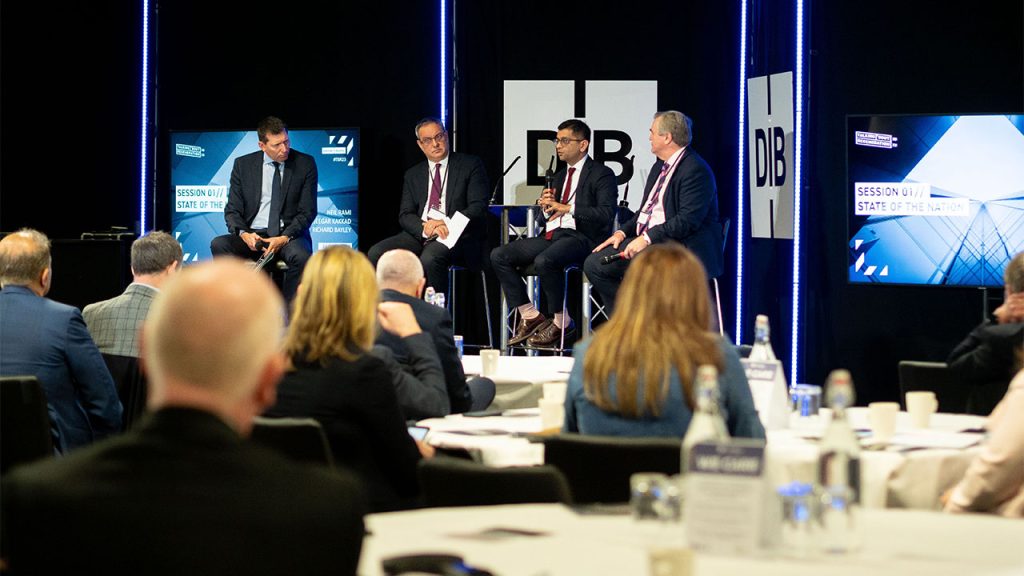
The day began with some fascinating insights into the current state of affairs. Richard Bayley from Atkins Global said a new approach was needed to levelling up. It wasn’t just a question of slapping down some tarmac but working with local communities, so they had a sense of ownership. Jeegar Kakkad from the Tony Blair Institute made one of the most important observations of the whole day when he said that the cost of doing HS2 was two and a half times more expensive than it would be in other countries. The lack of a holistic approach to the contractors who were bearing the risk all the way down the line had implications for the roll out of the green energy revolution as well.
Covid, Brexit and the Ukraine war had particularly hit the West Midlands economy according to Neil Rami from the West Midlands Growth company. This was because firms were particularly export focused and energy intensive. A national industrial policy would have helped cushion the effects of the triple shock. However, recovery would come through better transport, innovation and advanced construction. Rami said our universities would have a vital role. He said global protectionism was a problem, particularly in the United States with its inflation reduction act. Rami called for fiscal devolution, incentivising regions through business rates and a local transport tax. He said devolution had to be based on regions rather than the current mix of Combined Authorities and Local Enterprise Partnerships. Decision makers had to move out of London, “once your kids are going to local schools you are more focused on the results of your policies”, Rami concluded.
In later remarks the conference was told that 44% of start ups were sold abroad because of a bean counting approach by government which should take far more account of value. Vast investment would be needed in energy infrastructure because the network was based on the old coal fired power station in the middle of the country whilst wind energy would be coming from the coasts. On planning, politicians needed to have honest conversations with people as there was a need for strong national policies on transport,housing,digital and infrastructure. In America and Germany, national planning was taking over.
LEVELLING UP SESSION
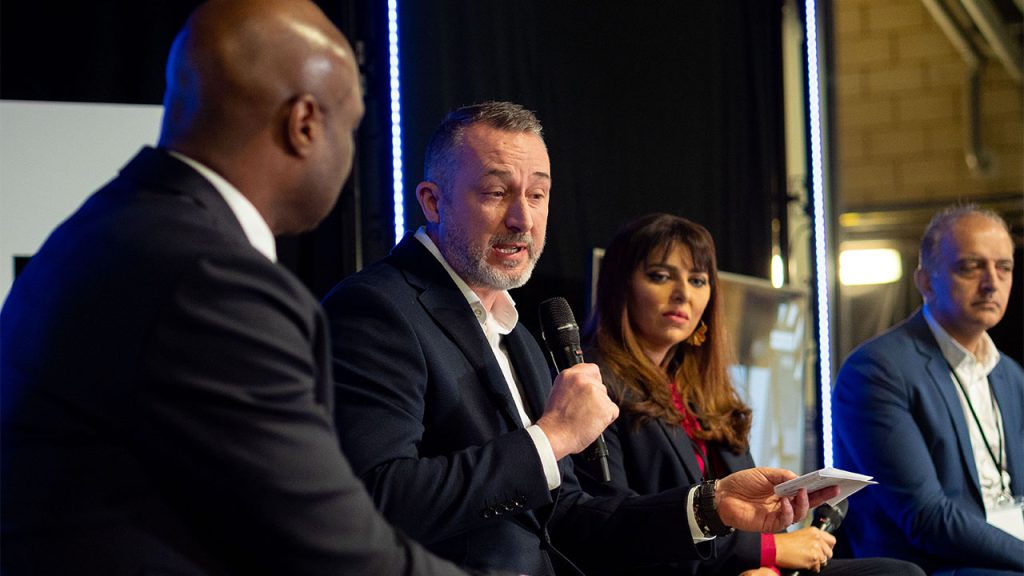
This short session with three of our valued sponsors, hybrid training centre, BE.EV and DB3Group expressed disappointment with the competitive bidding process for regeneration projects. Cash wasn’t a problem but the lack of a plan with constant changes of ministers.
ANDY STREET
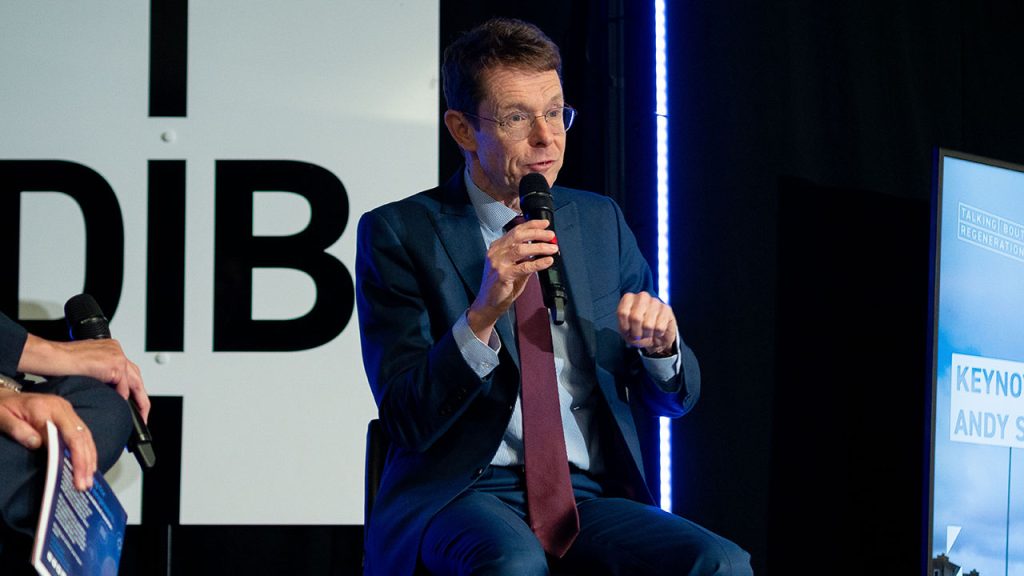
The elected mayor of the West Midlands didn’t disappoint. He wears his conservatism lightly and renewed his criticism of the “beauty contests” for projects. The latest round had been a shambles and disappointing for the West Midlands, but the amount of money involved shouldn’t be exaggerated. The upcoming Trailblazer devolution deal would be more important with the prospect of a single grant. Brexit was a bad decision and business in the West Midlands had been damaged by a £12bn reduction in exports to Europe. He forecast that this reality will trump political orthodoxy. The Tory Party had to realise that our standards in industries like pharmaceutical had to be the same as in the EU.
Street claimed last year’s Commonwealth Games had gained the region global recognition whilst HS2 was a reality with the prospect of trains running from Curzon Street to Old Oak Common in seven years. However he insisted the line must go into Euston and on to Manchester.
With his background in retail with John Lewis, Street said the branch at New Street station which closed after a brief tenure was not coming back and the whole High Street offer had to be rethought with health and leisure to the forefront. Out of town centres were doing well, particularly due to the rail strikes.
Decarbonisation of transport and industry was well underway, claimed Street, but the housing stock had hardly been touched.
He concluded by saying he was going to MIPIM despite the usual criticisms that it was a jamboree at a time of the cost of living crisis. The only way out of that was private sector growth and that will be his message at Downtown’s event with the mayor in France.
BUILDING PARTNERSHIP SESSION
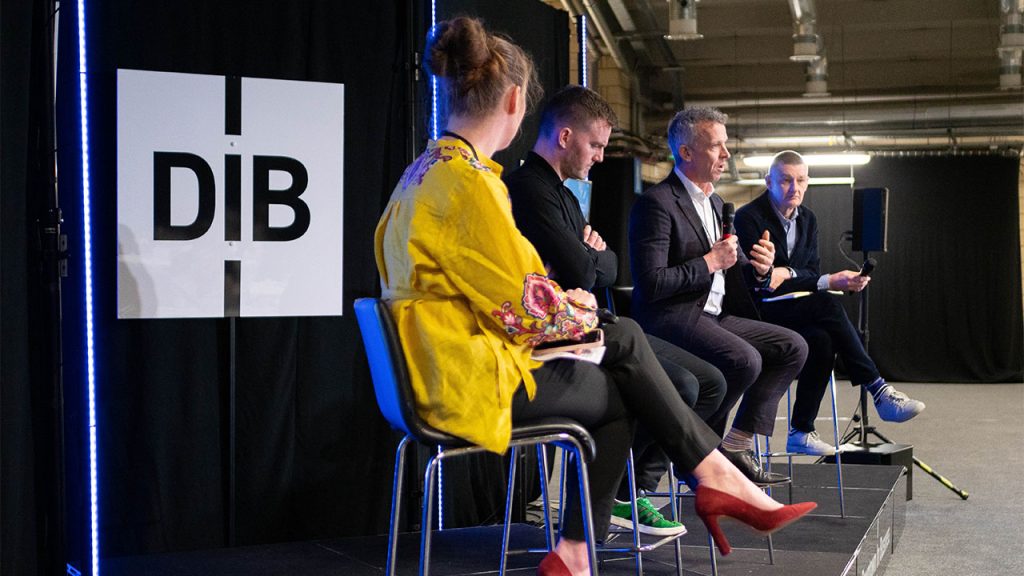
This was an excellent session with our private sector friends as they grappled with the question of what made for good partnerships between the public and private sector on project delivery. Phil Mayall of Muse developments said the elements were clarity of purpose, trust and openness particularly on risks. One needed to be sure that the council team shared the CEO’s vision and that the real decision makers were in the room.
Tim Heatley of Capital and Centric said there was a need for commitment by developers long after construction with follow on care.
LORD HESELTINE
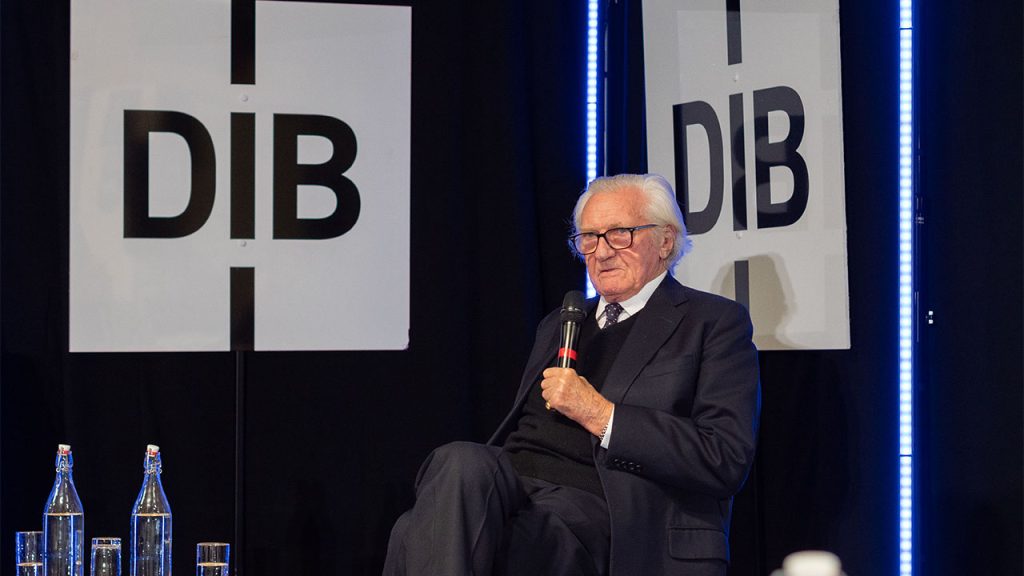
Inevitably Brexit was the first topic addressed by the former Deputy Prime Minister. He said the Remain campaign should have reminded people that the European Union had been founded on the ashes of two world wars not on economics allowing people to express their immediate frustration over living standards. He criticised the government’s intention to repatriate all EU law. He told me the UK would eventually rejoin the EU but all politicians were currently in thrall to the Daily Mail and Nigel Farage.
He felt Bristol and Liverpool’s decision to scrap elected mayors was regressive and he bemoaned the lack of an industrial strategy. The National Economic Development Council of the 1960s had served the nation well.
CITY CHALLENGE SESSION
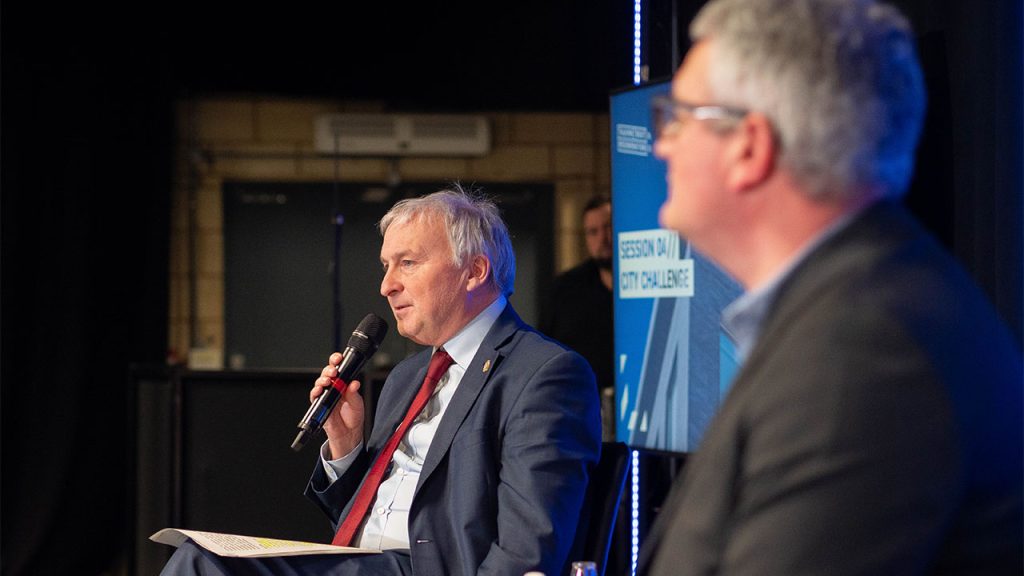
Ian Ward, the leader of Birmingham, felt the Commonwealth Games would provide the city with a platform for success. Meanwhile James Lewis the leader of Leeds said his city was the fastest growing in the country despite Manchester demanding a recount of the statistics!
Ward said Birmingham needed to build 100,000 houses in collaboration with the private sector and needed to deal with widespread child poverty in the biggest local authority in the country.
Whilst Birmingham was already reaping the benefits of HS2, Leeds was devastated that the arm to that city had been cancelled. It had taken James Lewis two hours to get to the conference, Leeds station was no longer fit for purpose and a question mark hung over land that had been set aside for HS2.
In response to my question about Whitehall’s attitude to local government, Ward said their needed to be an end to the parent child relationship.
A TALE OF TWO CITIES SESSION
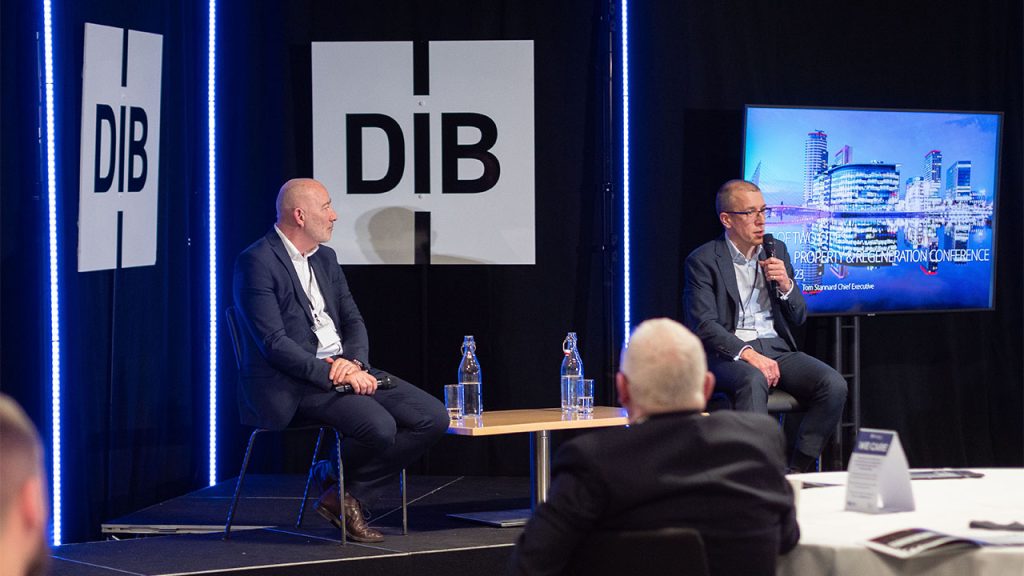
The conference concluded on an entertaining note with two CEOs from the key cities as opposed to the core cities. Tom Stannard from Salford explained that key cities had the ability to unlock potential. Tim Johnson from Wolverhampton backed him up saying his city might be small but was dedicated to being a great partner for business.
Salford was cheek by jowl with Manchester who’s thriving city centre was now benefitting Salford just across the Irwell river. Media City was a huge success but areas of deprivation remained nearby.
Downtown’s CEO Frank McKenna thanked people for coming to what was a wide ranging, informative and enjoyable event in the DIB tradition.




